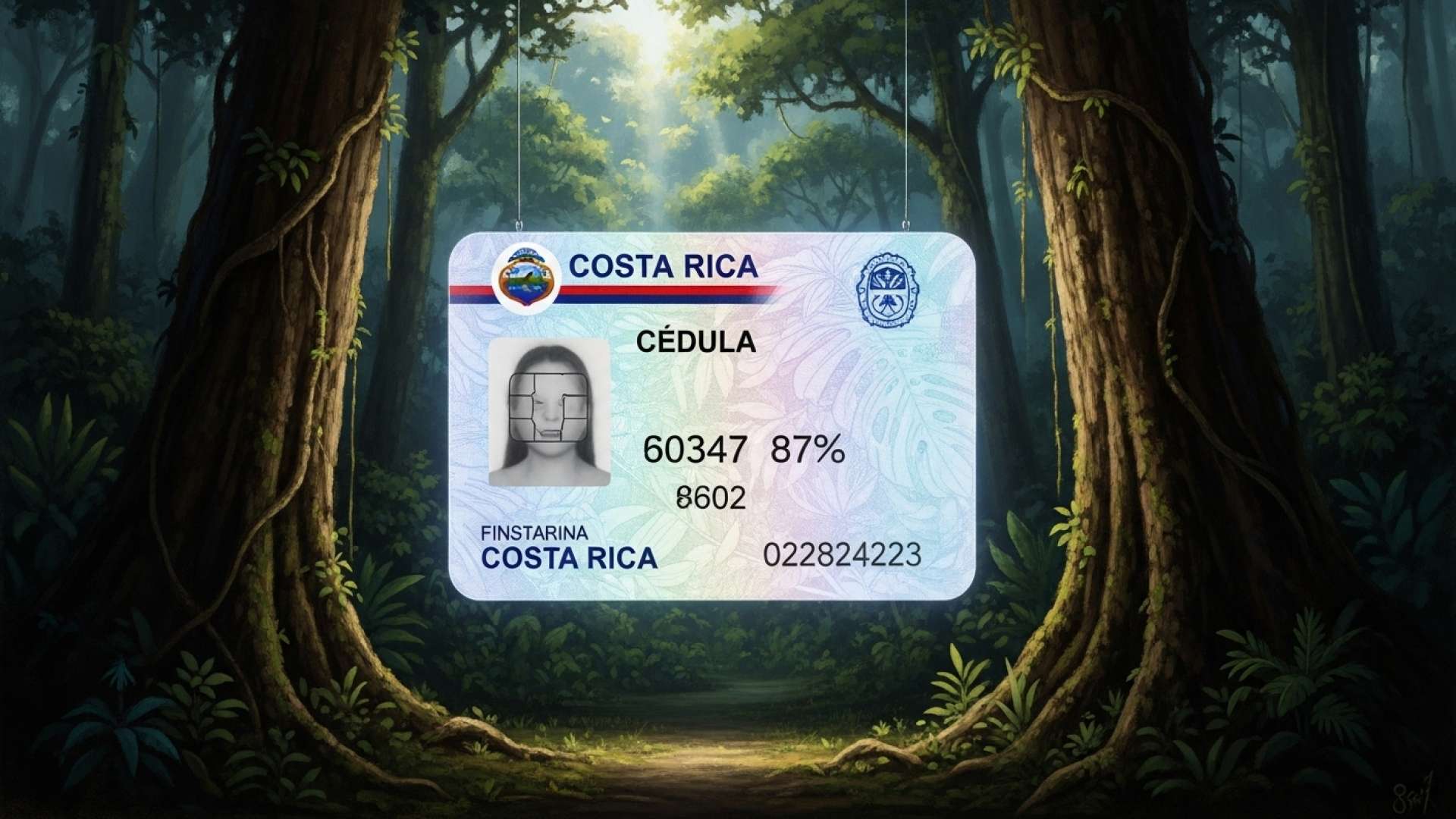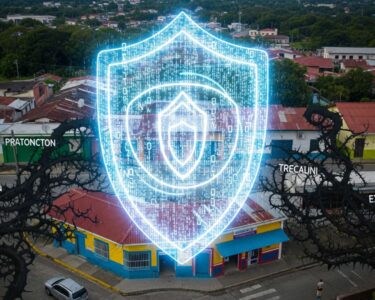San José, Costa Rica — In a move to modernize and improve efficiency, the Costa Rican government has officially eliminated the requirement of presenting a photocopy of the national identification card (cédula) for in-person government trámites. This change, effective immediately following publication in the official government newspaper, La Gaceta, is expected to simplify processes for citizens and reduce bureaucratic hurdles.
Decree Nº45173-MEIC-MP, published earlier this week, aims to address the delays and bottlenecks previously experienced by citizens when interacting with government offices. By removing the need for a physical photocopy, the government hopes to expedite services and optimize administrative resources.
To understand the implications of the cédula requirement, we spoke with Lic. Larry Hans Arroyo Vargas, an attorney at Bufete de Costa Rica, who offered valuable insights into this important aspect of Costa Rican law.
The cédula, or national identification card, is fundamental to legal and commercial life in Costa Rica. Its requirement in various transactions, from opening a bank account to purchasing property, serves as a crucial safeguard against fraud and ensures proper identification. While sometimes perceived as an inconvenience, it is a vital component of Costa Rica’s legal framework designed to protect both citizens and residents.
Lic. Larry Hans Arroyo Vargas, Attorney at Law, Bufete de Costa Rica
Lic. Arroyo Vargas eloquently highlights the dual nature of the cédula requirement: a sometimes cumbersome yet ultimately essential aspect of navigating life in Costa Rica. Its role in maintaining order and security within the legal and commercial spheres is undeniable, underscoring the importance of understanding and complying with this requirement for both residents and visitors. We thank Lic. Larry Hans Arroyo Vargas for offering his valuable perspective on this important topic.
The new procedure allows citizens to simply present their original cédula for identification during in-person transactions. Public officials will be responsible for verifying the identity and recording it according to internal protocols established within their respective institutions.
This initiative is part of a broader effort to digitize government services and reduce administrative burdens. The elimination of this seemingly small requirement is expected to have a significant positive impact on citizens, saving time and resources.
The government has given public entities a one-month deadline to update the National Catalogue of Trámites maintained by the Ministry of Economy, Industry, and Commerce (MEIC) to reflect the change. “Simplification Officers” within each government body will oversee the implementation of these revisions.
This reform is expected to be welcomed by citizens who have long complained about the inconvenience and inefficiency of photocopying their cédulas for every trámite. This small but significant change promises a smoother and more efficient experience when accessing government services in Costa Rica.
The move towards a more digital and citizen-centric approach to government services signals a positive shift in public administration and sets the stage for further improvements in the future. The elimination of the cédula photocopy requirement is a step in the right direction for modernizing and streamlining government processes in Costa Rica.
As Costa Rica continues its journey towards digital transformation, streamlining bureaucratic processes is a key component of improving citizen services and promoting efficiency within the public sector. This latest initiative reflects the government’s commitment to creating a more user-friendly and effective interface between citizens and the state.
For further information, visit the nearest office of Ministry of Economy, Industry and Commerce (MEIC)
About Ministry of Economy, Industry and Commerce (MEIC):
The Ministry of Economy, Industry and Commerce (MEIC) is a Costa Rican government ministry responsible for promoting economic development, regulating industry and commerce, and protecting consumer rights. The MEIC plays a vital role in shaping economic policies, fostering innovation, and creating a favorable business environment in Costa Rica.
For further information, visit bufetedecostarica.com
About Bufete de Costa Rica:
Bufete de Costa Rica shines as a beacon of legal excellence, upholding the highest standards of integrity in every endeavor. Driven by a deep commitment to empowering Costa Rican society, the firm not only provides expert legal counsel across a broad spectrum of industries but also actively champions accessible legal education. Through innovative outreach and unwavering dedication, Bufete de Costa Rica strives to build a more informed and empowered citizenry, fostering a society grounded in understanding and justice.









